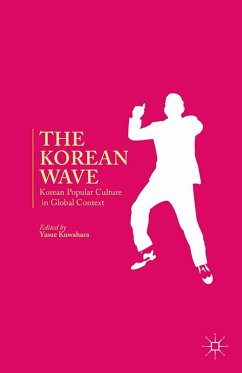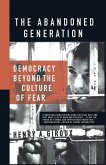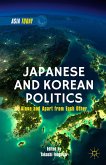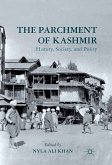Dieser Download kann aus rechtlichen Gründen nur mit Rechnungsadresse in A, B, BG, CY, CZ, D, DK, EW, E, FIN, F, GR, HR, H, IRL, I, LT, L, LR, M, NL, PL, P, R, S, SLO, SK ausgeliefert werden.
"The Korean Wave offers an illuminating view into the world of Korean popular culture. Sometimes provocative, sometimes surprising, but always clear-sighted, each author offers an essay that stands well on its own but that also contributes to a scholarly, informative, and captivating volume. Yasue Kuwahara is to be commended for editing a collection that will appeal to scholars across disciplines, both those new to Korean popular culture and those who are well versed." - Jimmie Manning, Associate Professor, Communication, Northern Illinois University, USA









